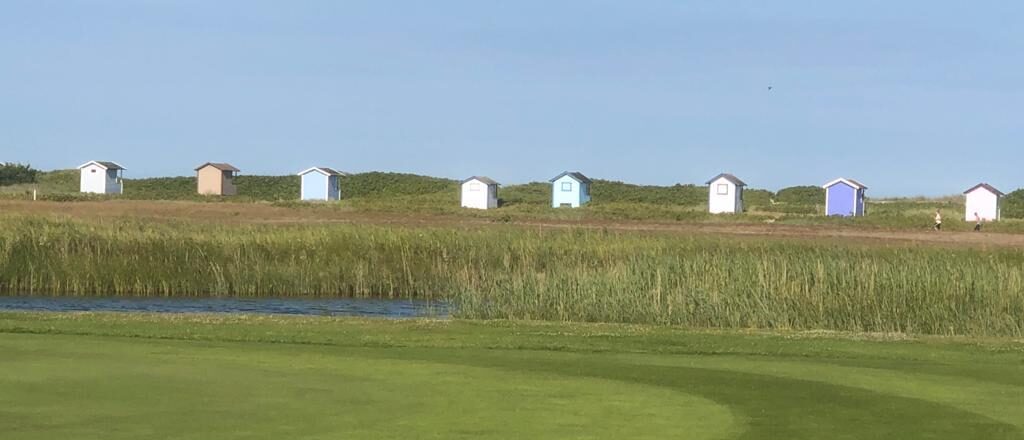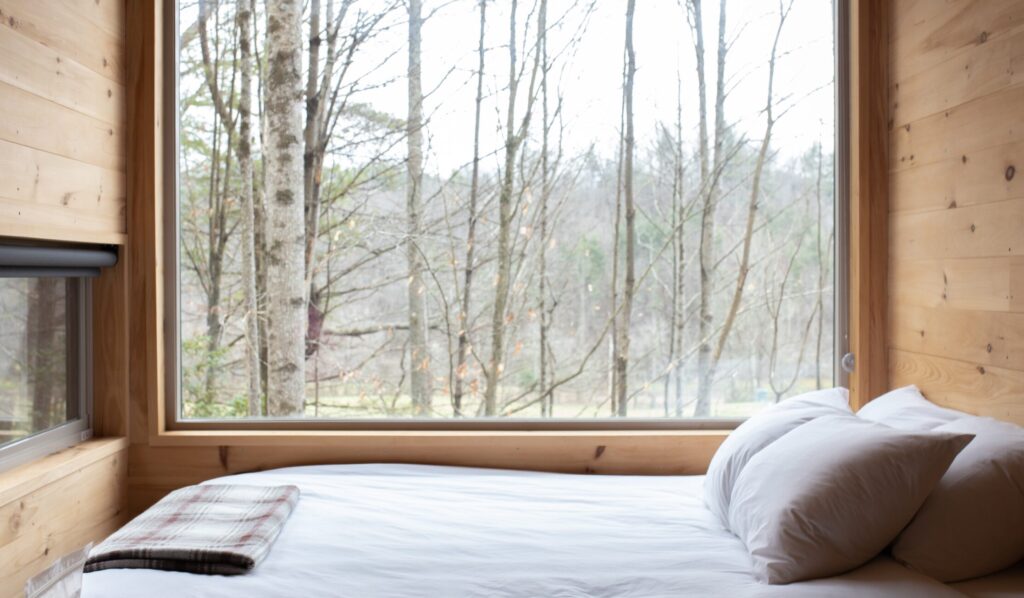Hospitality Design for Recovery – Positive Maintenance for our Health
The WHO Manifesto for a healthy recovery from COVID-19 is a global movement for health and the environment, and it states, among other things, that we need a prescription for a healthy, green recovery. We need to protect and preserve the source of human health – nature.
We all encounter challenging and stressful situations on a daily basis. When the challenge or situation is over, we should feel good again as we get back to our state of normal, which is called homeostasis. The physiological process behind this is called recovery. However, not everyone are reaching their ‘normal’ state again.
Many people save their recovery period for their holidays, and while taking a holiday is important, it’s not enough. We need to prioritise our recovery each and every day. Not doing so can be harmful to our health and well being over time.
While people need to be more attentive to their own human necessity to relax and recover, the hospitality industry can do its part to create healthy environments where guests can do so effortlessly.
Some elements for creating hospitality spaces for recovery
As an interior designer with a Public Health background, I have reflected on how the hospitality industry can create environments that cater to guests’ needs of recovery.

The importance of nature
The number one environmental element that will help promote recovery and reduce stress is nature.
This goes hand in hand with our immense need to protect our planet. People are becoming increasingly aware of the need to cherish and protect nature, and the hospitality industry can take a leading role by ensuring guests have easy access to nature, and by promoting the use of outdoor spaces.
Interior designers, architects and garden designers will need to collaborate more intensively to create spaces close to nature – the aim is to create spaces that are fluid and transparent with outdoor and indoor areas designed seamlessly in harmony.
“The pandemic is a reminder of the intimate and delicate relationship between people and planet.”
WHO Director-General Dr Tedros Adhanom Ghebreyesus.
Exercise
Mindful relaxation in balance with physical activity is important for recovery. Designing spaces for both relaxation and for physical activity, both indoor and outdoor, will ensure guests have areas where they can exercise and cater to their physical wellbeing.
Nutrition
Healthy nutrition is important and should follow the route of organic, clean food. The design of the dining area and the dining atmosphere is also very important for creating a positive dining experience where guests can relax and rejuvenate.
A good night’s sleep
Sleep is naturally the most crucial time for recovery. The design of bedrooms and the choice of beds, temperature, colours and the natural materials are just as important as the layout.
Light levels are also important, as they allow us to distinguish time of day and set our rest-activity cycle. These biorhythms control our rest-activity cycle, while also influencing our immune system and potential for healing.

Music
Incorporating music into environments is known to have a restorative, healing quality. The ancient Greeks recognized a single deity, Apollo, as the embodiment of both medicine and music. Music influences heart rate, respiration rate, blood pressure and stomach contractions. Playing music in communal areas that is both calming and energising will help to create a relaxing atmosphere for guests.
Smell
Scent and aroma can influence the mind and body, and it’s one of the oldest forms of help to relaxation. By incorporating scent and aroma into both guest rooms and communal areas, we can aid the relaxation and recovery of guests.
Stress and recovery in balance
All these elements of design contribute to our recovery, and putting the health and wellbeing of guests at the forefront of design can reduce illness and indirectly reduce costs and suffering, as well as increase human satisfaction.
Human satisfaction is of utmost importance, and by designing spaces and environments that encompass the elements mentioned, such as nature, exercise, sleep, nutrition, music and smell, we can improve the health and wellbeing of guests by providing spaces where they can effortlessly relax and recover.
Maria Tibblin is a Scandinavian Interior Designer based in London, UK, specialising in hospitality interior design. View Maria’s Design Concept to find out more.
